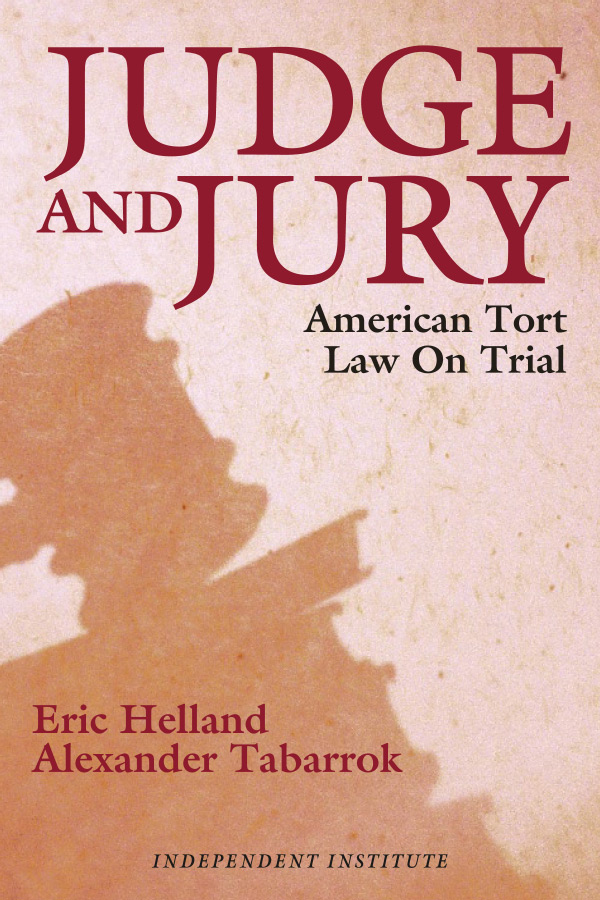When felony defendants jump bail, bounty hunters spring into action. It’s a uniquely American system, and it works.
---------------
Andrew Luster had it all: a multimillion-dollar trust fund, good looks, and a bachelor pad just off the beach in Mussel Shoals, California. Luster, the great-grandson of cosmetics legend Max Factor, spent his days surfing and his nights cruising the clubs. His life would have been sad but unremarkable if he had not had a fetish for sex with unconscious women. When one woman alleged rape, Luster claimed mutual consent, but the videotapes the police discovered when they searched his home told a different story. Eventually, more than 10 women came forward, and he was convicted of 20 counts of rape and sentenced to 124 years in prison. There was only one problem. Luster could not be found.
Shortly before he was expected to take the stand, Luster withdrew funds from his brokerage accounts, found a caretaker for his dog, and skipped town on a $1 million bail bond. The FBI put Luster on its most-wanted list, but months passed with no results. In the end, the authorities did not find him. But Luster was brought to justice—by a dog (or at least a man who goes by that name). Duane Chapman, star of the A&E reality TV show Dog: The Bounty Hunter, tracked Luster for months. He picked up clues to Luster’s whereabouts from old phone bills and from Luster’s mother, who inadvertently revealed that her son spoke fluent Spanish. He also gleaned useful information from a mysterious Mr. X who taunted him by e-mail and who may have been Luster himself. Finally, a tip from someone who had seen Dog on television brought Chapman to a small town in Mexico known for its great surfing. Days later, he and his team spotted Luster at a taco stand, apprehended him, and turned him over to the local police.
Most people don’t realize how many fugitives from the law there are. About one-quarter of all felony defendants fail to show up on the day of their trial. Some of these absences are due to forgetfulness, hospitalization, or even imprisonment on another charge. But like Luster, many felony defendants skip court with willful intent. The police are charged with recapturing these fugitives, but some of them are chased by an even more tireless pursuer, the bounty hunter.
This article is excerpted with permission of the publisher. © Copyright 2011, The Woodrow Wilson International Center for Scholars.











